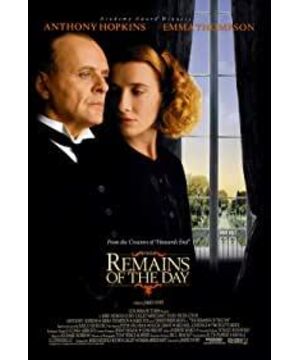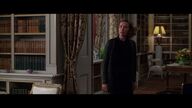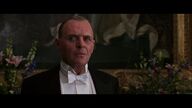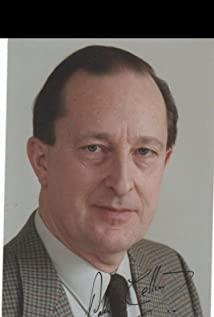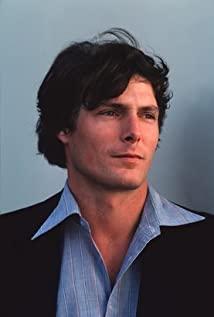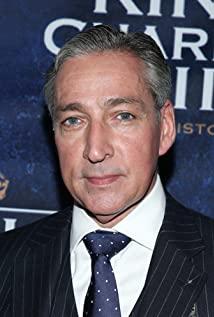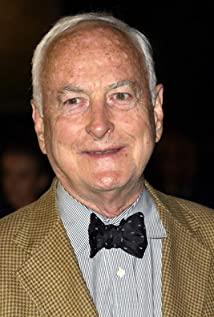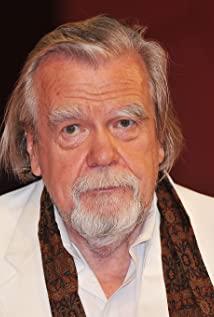Maybe my evaluation of the film will be too harsh, because I like the original so much that I have too high expectations for the film. I'm still trying to be as objective as possible about what I don't think has been successful enough.
1. Start with the actors. When I read the original book, for Stevens, I substituted Carson's image in Downton (20 years younger version), so I was not satisfied with Hopkins' performance in the first half of the film. In fact, he has a decent physique, and his acting skills are definitely not bad (the second half is enough to prove it), but my focus may be a little strange - his voice is not deep enough, and he doesn't have Carson's sense of anger and arrogance. Therefore, the persuasiveness of the lectures is less.
In contrast, Miss Kenton's casting is very appropriate, beautiful but not glamorous, her acting skills are very natural, and the degree of completion is the highest.
The two masters of Darlington House have no merits and faults (I just don't understand why Mr. Faraday in the original book was changed to Lewis, who appeared before, to save money? In short, I didn't see the vicissitudes at all, I just felt it was inexplicable) Comparison Surprisingly, I saw Hugh Grant here (not long published), he was not as handsome as Notting Hill, and he was too thin, but he was unexpectedly suitable for the role of godson.
The worst casting failure was the old Stevens, very, very badly. I dare to say that the actor's acting skills are not good, but the temperament is not suitable. He is neither lean nor reticent nor stubborn. The father-son conversation, one of the highlight scenes in the book, was too scribbled, and he died in a hurry. A complete failure.
2, the plot adaptation part. In fact, the casting of old Stevens has already been brought here. The highlight of the father-son line is almost meaningless except for the restoration of the old father's staggering practice on the tray. The old father's "Indian housekeeper story" was originally a side of his "dignity", but it was adapted like a gossip of downstairs; after the death of the old father, Stevens asked the doctor to treat the foot disease of the guests. This is Stevens himself He thinks that life is the perfect moment, but the result does not highlight his "dignity".
The time line was limited by the length of the film and it was not well filmed. But here I can do justice for the film - it is too difficult to shoot, and it is okay to restore an important meeting without landing. The Jewish maid's dramatic conflict is not enough, deduct points.
The love line between Stevens and Kenton is basically harmonious and wonderful, which is the main reason why the film has been appreciated by the audience. The acting skills of the two leading actors (especially Hopkins) were brought into full play in the love line part, and the parts of watching the twilight at dusk and saying goodbye to the rainy night have more visual impact than the original work - thanks to the actors who contributed to the highlight of the play.
Admittedly this is a very difficult work to adapt. Not to mention that its "unreliable narrative" is difficult to show through a movie lens (and it's not a detective film...), the first-person narrative itself spanning decades is difficult enough to show the full picture on the big screen. My viewing experience is not good, because I really like the collision of two generations of Stevens in the original book. I wanted to give two stars, but I still feel that I am too harsh, so I will give three stars. The movie will not be brushed twice, and the original book is used in the heart. Say, thank you Kazuo Ishiguro.
View more about The Remains of the Day reviews


